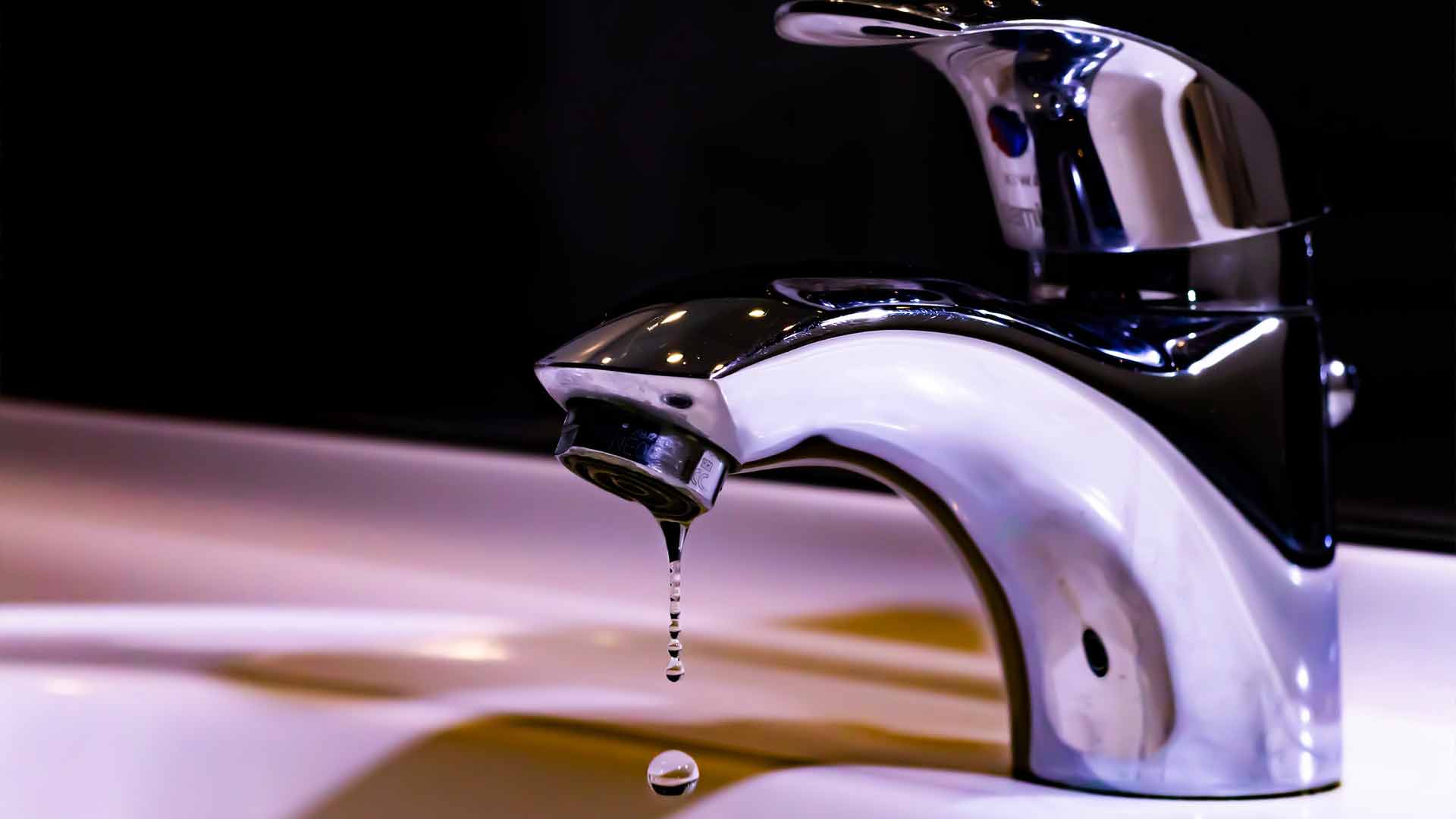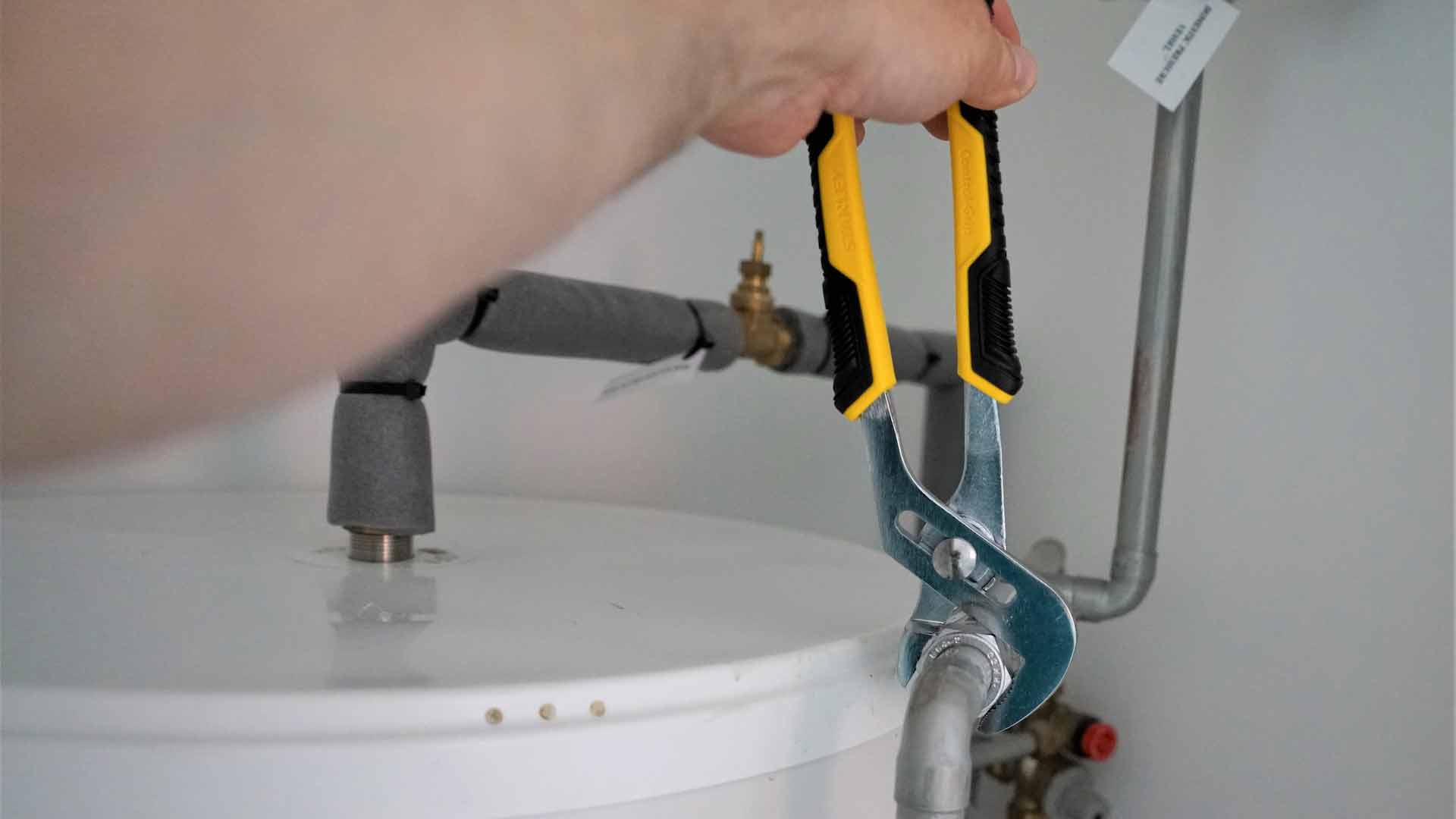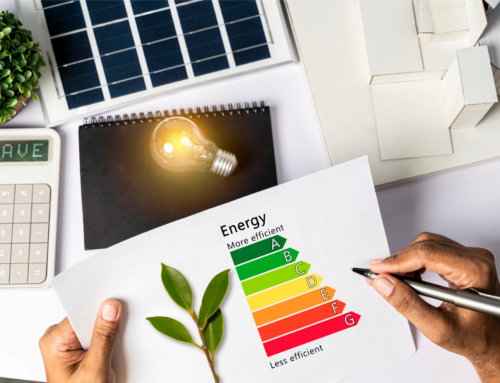
Plumbing Emergencies can strike at any time, leaving homeowners with a sinking feeling – often quite literally. A burst pipe, overflowing toilet, or sudden loss of hot water can disrupt daily life and potentially lead to costly damage if not addressed promptly. But what exactly constitutes a Plumbing Emergency? In this blog, we will explore the various scenarios that qualify as Plumbing Emergencies and provide essential tips for dealing with them.
-
Burst Pipes
A burst pipe is one of the most obvious and severe Plumbing Emergencies. When a pipe bursts, water gushes out uncontrollably, causing immediate damage to your property. Burst pipes can be caused by freezing temperatures, aging pipes, corrosion or high water pressure. Signs of a burst pipe include a sudden increase in your water bill, water stains on walls or ceilings, and the sound of running water when no taps are open.
What to Do:
- Shut off the main water supply immediately to prevent further water damage.
- Open all faucets to drain the remaining water from the pipes.
- Call a professional plumber to repair or replace the damaged pipe.
-
Sewage Backups
A sewage backup is a nightmare scenario for any homeowner. It occurs when the sewer line becomes clogged or damaged, causing sewage to back up into your home. This not only results in unpleasant odors but also poses serious health risks due to the presence of harmful bacteria.
What to Do:
- Avoid using sinks, toilets or drains to prevent further backups.
- Contact a plumber and, if necessary, a professional cleanup service to handle the sewage and restore your home’s sanitation.
-
Overflowing toilets
An overflowing toilet can be a distressing and unsanitary situation. It is typically caused by a blockage in the toilet or sewer line. If not resolved quickly, it can result in water damage to your bathroom floor and surrounding areas.
What to Do:
- Turn off the water supply to the toilet by closing the shut off valve located behind or beside the toilet.
- Use a plunger and try to clear the blockage.
- If the problem persists, call a plumber to assess and fix the issue.
-
Lack of Hot Water
While a lack of hot water many not seem as urgent as a burst pipe, it can still be a Plumbing Emergency, especially during the colder months. This issue can disrupt your daily routine and signal problems with your water heater.
What to Do:
- Check the thermostat on your water heater to ensure it’s set to the desired temperature, 120 degrees is the standard temperature.
- If the thermostat is set correctly, call a professional plumber to inspect and repair the water heater.
-
Leaking Water Heaters

A leaking water heater is a significant concern as it can lead to water damage and potential energy wastage. Leaks may occur due to a faulty pressure relief valve, corrosion, or a ruptured tank.
What to Do:
- Turn off the power supply (if electric) or the gas supply (if gas) to the water heater.
- Shut of the cold-water supply to the heater.
- Contact a plumber to assess the situation and determine whether the water heater needs to be repaired or replaced.
-
No Water Flow
If you turn on a faucet and no water comes out, it could be a sign of a water supply issue, such as a frozen pipe or a malfunctioning water pump. This can be particularly concerning in extreme weather conditions.
What to Do:
- Check other faucets in your home are experiencing the same issue to pinpoint the problem’s location.
- If you suspect a frozen pipe, attempt to thaw it with a hairdryer or heating pad.
- If the issue persists, contact a plumber to investigate the cause.
-
Gas Leaks
While not strictly a plumbing issue, gas leaks can be life-threatening and should be treated as emergencies. Gas leaks can occur in the same lines supplying your water heater or other gas appliances.
What to Do:
- Evacuate your home immediately and do not use any electrical switches as they can ignite gas.
- Call your gas company’s emergency line and, if necessary, 911.
- Do not re-enter your home until it is deemed safe by the gas company or emergency responders.
Conclusion
Plumbing Emergencies come in various forms, but they all share a common theme: the potential for immediate and long-term damage to your property and, in some cases, to your health and safety. Recognizing the signs of a Plumbing Emergency and knowing how to respond swiftly is crucial in minimizing the impact of these situations. Remember that when facing a Plumbing Emergency, it’s often best to call a professional plumber who can assess the situation and provide the necessary repairs to get your plumbing back on track. Don’t underestimate the importance of preparedness and quick action when dealing with Plumbing Emergencies to protect your home and loved ones.












